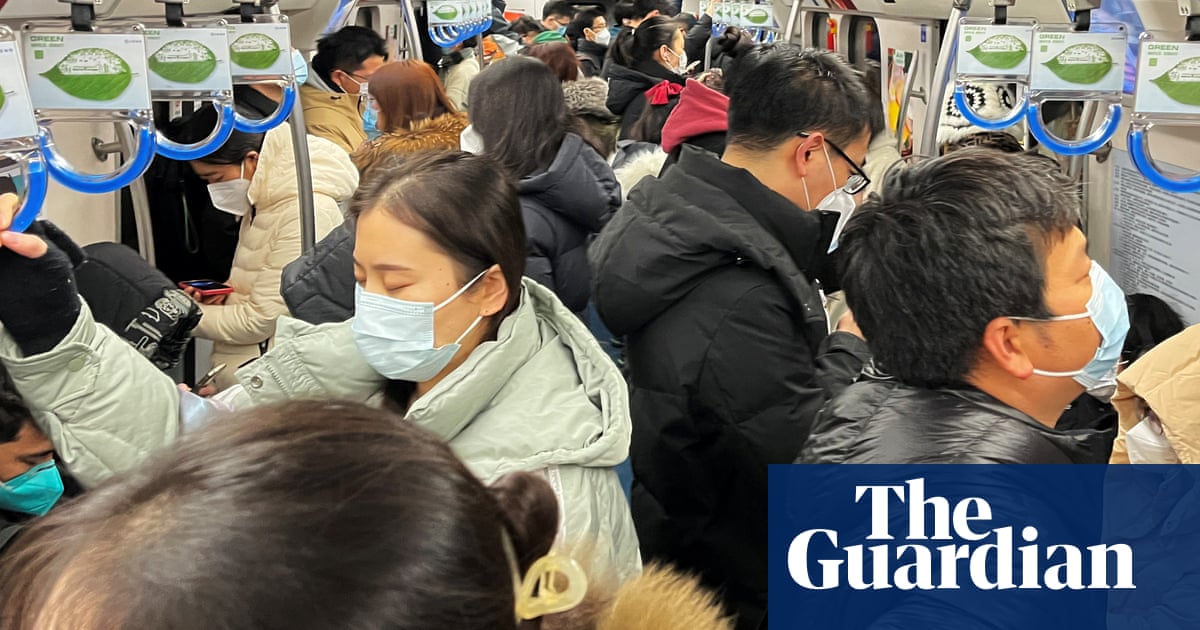
Chinese people, cut off from the rest of the world for three years by Covid-19 curbs, flocked to travel sites ahead of borders reopening, even as rising infections further strained the health system and hurt the economy.
In a major step, China will stop requiring inbound travellers to go into quarantine from 8 January the National Health Commission said late on Monday. Asian markets rose on Tuesday on hopes for the revival of the world’s second-largest economy.
Data from travel platform Ctrip showed that within half an hour of the news, searches for popular cross-border destinations had increased 10-fold. Macau, Hong Kong, Japan, Thailand, South Korea were the most sought-after, Ctrip said.
Data from another platform, Qunar, showed that within 15 minutes of the news, searches for international flights jumped seven-fold, with Thailand, Japan and South Korea at the top of the list.
China’s management of Covid will also be downgraded to the less strict Category B from the current top-level Category A from 8 January, the health authority said. The change means authorities will no longer be compelled to quarantine patients and their close contacts and lock down regions.
But for all the excitement of a gradual return to a pre-Covid way of life, there was mounting pressure on China’s healthcare system, with doctors saying many hospitals are overwhelmed while funeral parlour workers report a surge in demand for their services.
Nurses and doctors have been asked to work while sick and retired medical workers in rural communities were being rehired to help, state media reported. Some cities have been struggling to secure supplies of anti-fever drugs.
The dismantling of China’s zero-Covid policy this month means the virus is now spreading largely unchecked across the country of 1.4 billion people. Official statistics showed only one Covid death in the past seven days, fuelling doubts among health experts and residents about the government’s data.
Doctors say hospitals are overwhelmed with five to six-times more patients than usual, most of them elderly. International health experts estimate millions of daily infections and predict at least one million Covid deaths in China next year.
While the world’s second-largest economy is expected to see a sharp rebound later next year, once the initial shock wave of infections fades, it is in for a rough ride in the coming weeks and months as workers increasingly fall ill.
Many shops in Shanghai, Beijing and elsewhere have been forced to close in recent days with staff unable to come to work, while some factories have already sent many of their workers on leave for the late January lunar new year holidays.
“The concern of a temporary supply chain distortion remains as the labour force is impacted by infections,” JPMorgan analysts said in a note, adding that their tracking of subway traffic in 29 Chinese cities showed that many people were restricting their movements as the virus spreads.
The lifting of travel restrictions is positive for the $17 trillion economy, but strong caveats apply.
“International travel … will likely surge, yet it may take many more months before volumes return to the pre-pandemic level,” said Dan Wang, chief economist at Hang Seng Bank China.


